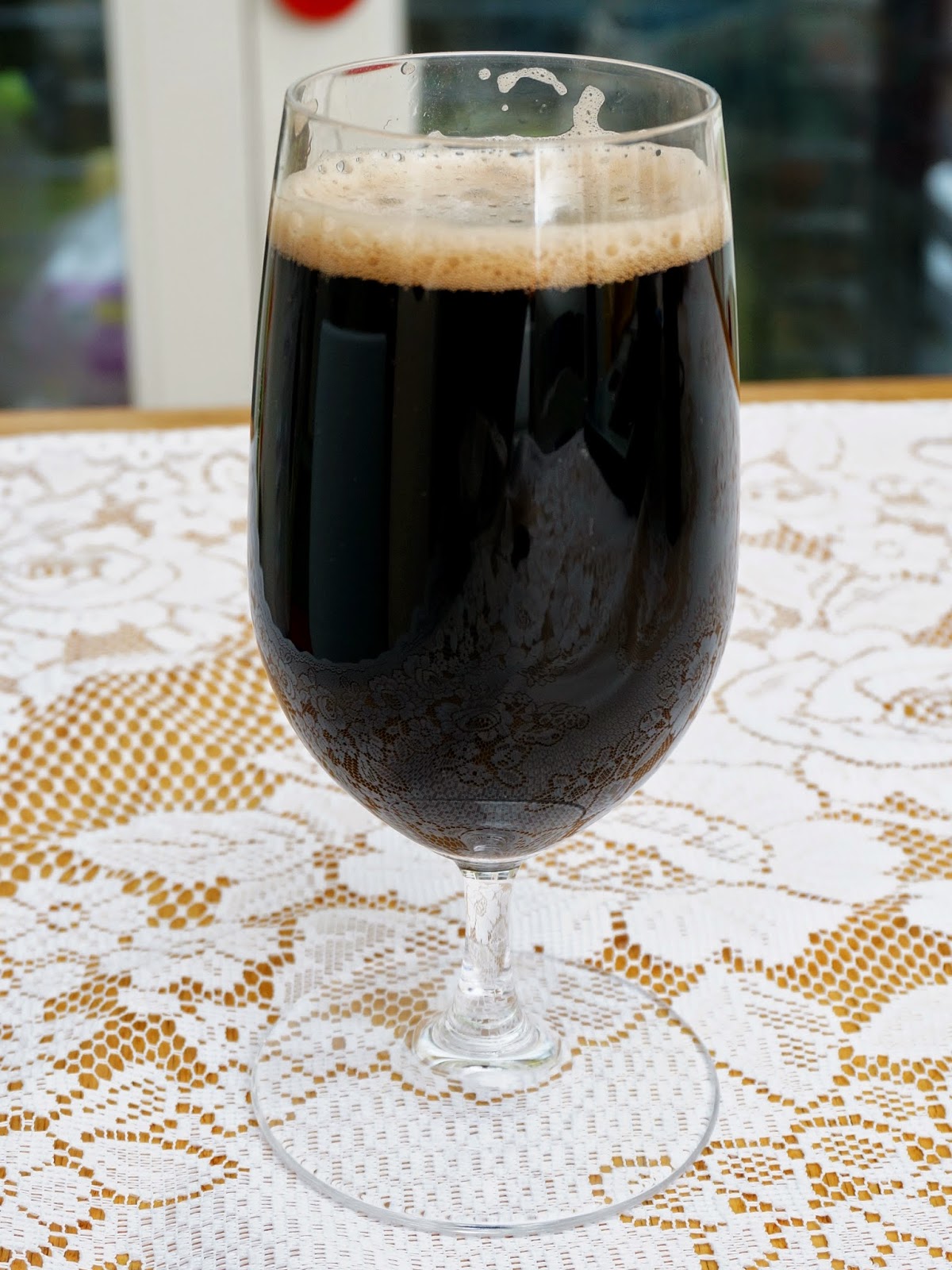Hi all
I am seriously hoping referring to my blog here is not against the rules here, but I could not find any indication that it is...
2014 was quite an important year for my home brewing development. It was the year when I have brewed my first AG beer, and the year when I took part in my firs home brew competition. As such, I now decided to put this on paper (screen?) as a short story, including my recipe, brew day, results and comments from judges.
The whole story is on my blog (allbrewing.blogspot.com) and I will post it here in few days time also. I just now managed to register with this forum through an app, as normal website did not allow me to do so, but I follow you guys regularly and bulk of my knowledge to date comes form you, so thank you.
As the blog is just a start-up, I would be very grateful for any comments.
Take care
Pawel
I am seriously hoping referring to my blog here is not against the rules here, but I could not find any indication that it is...
2014 was quite an important year for my home brewing development. It was the year when I have brewed my first AG beer, and the year when I took part in my firs home brew competition. As such, I now decided to put this on paper (screen?) as a short story, including my recipe, brew day, results and comments from judges.
The whole story is on my blog (allbrewing.blogspot.com) and I will post it here in few days time also. I just now managed to register with this forum through an app, as normal website did not allow me to do so, but I follow you guys regularly and bulk of my knowledge to date comes form you, so thank you.
As the blog is just a start-up, I would be very grateful for any comments.
Take care
Pawel




